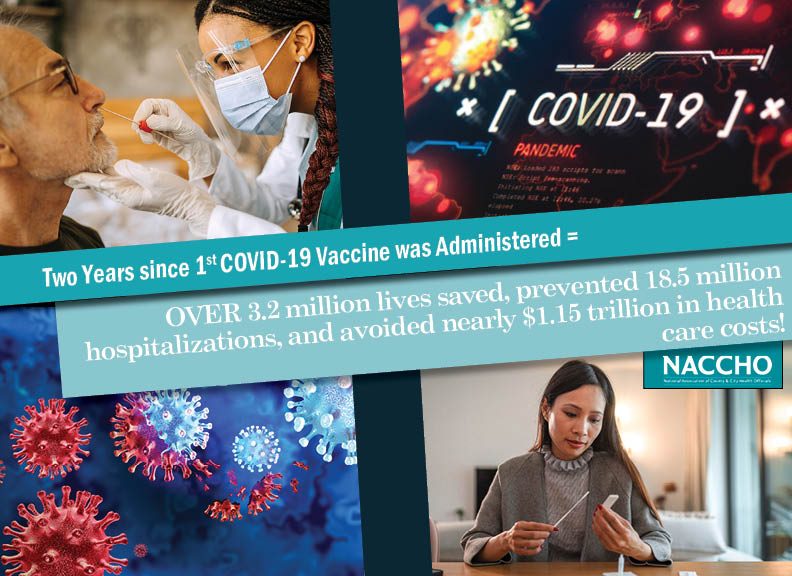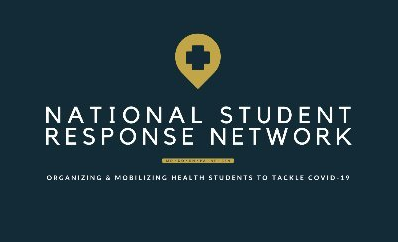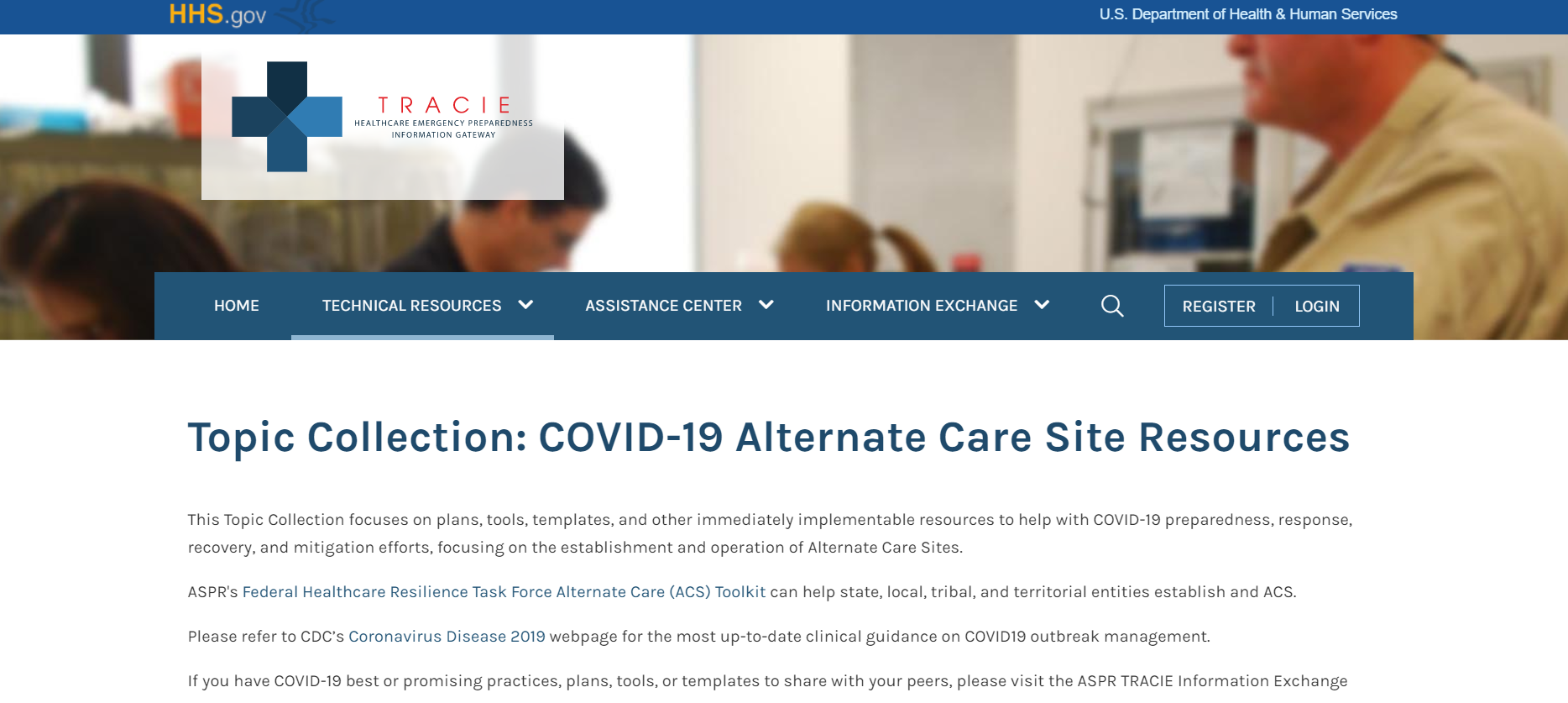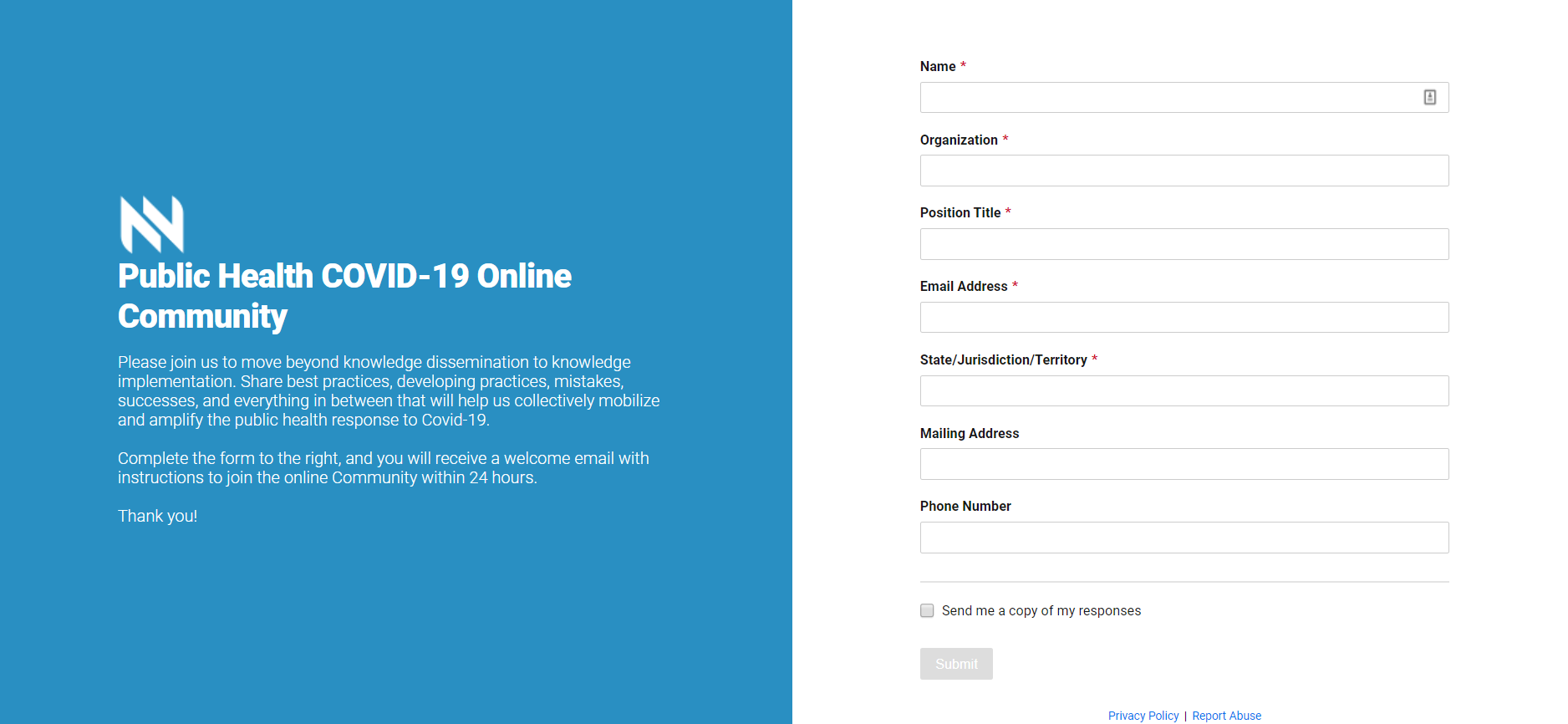Popular Categories
How Local Health Departments Utilize PHEP Funding When Preparing For and Responding...
Since 2002, the Centers for Disease Control and Prevention (CDC) Public Health Emergency Preparedness (PHEP) grant has provided...
Jun 24, 2015 | Nicole Dunifon
Climate Change and Human Health: Impacts, Vulnerability, and Public Health
Human health is directly affected by natural disasters such as hurricanes, earthquakes, flooding, and heat; it is also indirectly...
Oct 07, 2014 | Chris Mills
An Inside Look at NACCHO’s MRC Challenge Award Recipients
Within the first year of the Medical Reserve Corps (MRC) Challenge Awards, 29 recipients are working to improve the health of their...
Jul 30, 2014 | Katie Roulston
NACCHO Funds 29 Innovative Public Health Projects through the Medical Reserve Corps...
NACCHO, in partnership with the Division of the Civilian Volunteer Medical Reserve Corps, has selected 29 Medical Reserve Corps (MRC)...
Jan 16, 2014 | Admin
Disaster, Disease, and Distress: Resources to Promote Psychological Health and...
The Center for the Study of Traumatic Stress (CSTS) has released a new report entitled “Disaster, Disease, and Distress: Resources to...
Dec 11, 2013 | Admin
How Local Health Departments Utilize PHEP Funding When Preparing For and Responding to a Public Health EmergencySince 2002, the Centers for Disease Control and Prevention (CDC) Public Health Emergency Preparedness (PHEP) grant has provided support to public health departments across the nation, allowing them to build and strengthen their ability to respond to public health threats. At the local level, this investment has enabled local health departments (LHDs) and their partners […] Jun 24, 2015 | Nicole Dunifon |
Climate Change and Human Health: Impacts, Vulnerability, and Public HealthHuman health is directly affected by natural disasters such as hurricanes, earthquakes, flooding, and heat; it is also indirectly affected through increased transmission and geographic expansion of diseases spread by insects, compromised air, water, and food quality. For example, bacterial counts in the water surrounding coastal communities tend to spike dramatically following heavy rainfall. Not... Oct 07, 2014 | Chris Mills |
An Inside Look at NACCHO’s MRC Challenge Award RecipientsWithin the first year of the Medical Reserve Corps (MRC) Challenge Awards, 29 recipients are working to improve the health of their communities through new projects and programs made possible by the awards. Each of the 29 units, with the support of NACCHO and the Division of the Civilian Volunteer Medical Reserve Corps, has launched […] Jul 30, 2014 | Katie Roulston |
NACCHO Funds 29 Innovative Public Health Projects through the Medical Reserve Corps Challenge AwardNACCHO, in partnership with the Division of the Civilian Volunteer Medical Reserve Corps, has selected 29 Medical Reserve Corps (MRC) units to receive MRC Challenge Awards, totaling nearly $600,000. The MRC Challenge Award supports MRC units to develop new projects and programs that can be replicated on a national level. Nearly 200 MRC units from […] Jan 16, 2014 | Admin |
Disaster, Disease, and Distress: Resources to Promote Psychological Health and Resilience in Military and Civilian CommunitiesThe Center for the Study of Traumatic Stress (CSTS) has released a new report entitled “Disaster, Disease, and Distress: Resources to Promote Psychological Health in Military and Civilian Communities.” As a compilation of public education resources from CSTS, the report addresses the psychological impact and health implications of populations exposed to traumatic events, including natural... Dec 11, 2013 | Admin |

Subscribe Today
Sign Up for the E-mail Digests
Create an account or login to MyNACCHO and go to "My Subscriptions."
SUBSCRIBE NOW



